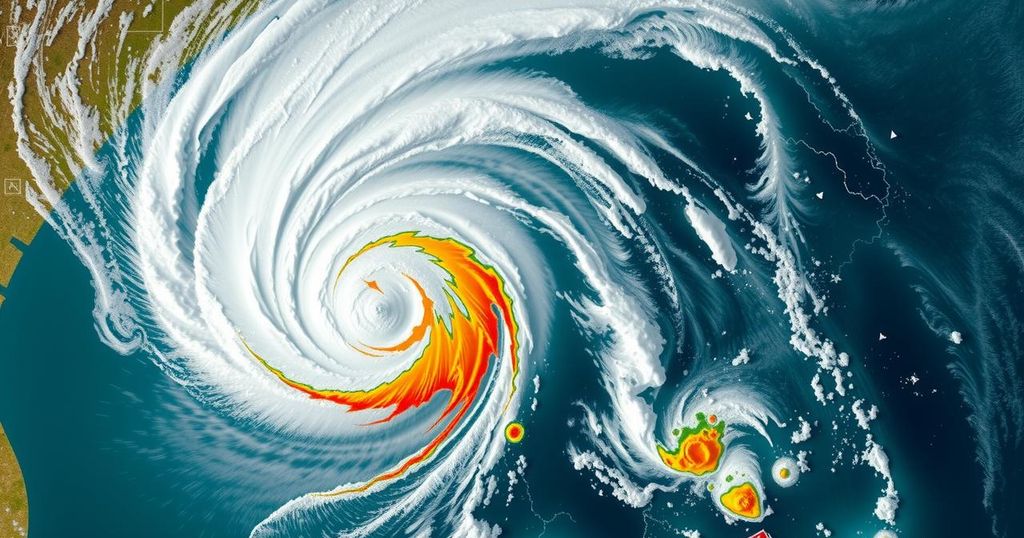Mozambique: Humanitarian Crisis Escalates Amid Cyclone and Conflict
Mozambique faces a severe humanitarian crisis with 3.3 million people experiencing acute food insecurity due to ongoing conflicts and the impact of Tropical Cyclone Chido. IDP numbers are significantly high, with a reported 717,000 individuals needing assistance, amidst increased violence particularly in Cabo Delgado Province. The country urgently requires humanitarian support to address these escalating needs per reports from authoritative sources including IOM and UN agencies.
As of early 2024, Mozambique is grappling with a complex humanitarian crisis that escalated following the landfall of Tropical Cyclone Chido on December 15. This disaster resulted in the unfortunate loss of at least 73 lives and left approximately 329,500 people in dire need of assistance. The cyclone compounded existing challenges within the nation, including heightened violence from non-state armed groups, significant numbers of internally displaced persons (IDPs), and widespread acute food insecurity. Approximately 3.3 million individuals are projected to confront acute food insecurity from November to February, exacerbated by below-average harvests and early depletion of food stocks, according to the Famine Early Warning Systems Network (FEWS NET).
Currently, the International Organization for Migration (IOM) reports 717,000 IDPs within Mozambique, with approximately 577,000 displaced due to conflict primarily in Cabo Delgado Province. The persistent violence has increased protection concerns among vulnerable populations and hindered humanitarian access. Notably, there are also approximately 611,000 individuals who have returned to their areas of origin. The situation remains critical as humanitarian needs surge amid ongoing crises such as conflict, disease outbreaks, and displacement in the country.
The humanitarian crisis in Mozambique is a result of a confluence of factors including climate-related disasters, armed conflict, and economic challenges. The recent Tropical Cyclone Chido exacerbated pre-existing vulnerabilities, particularly in northern Mozambique where conflict-driven displacement has created significant humanitarian needs. The international community has raised alarm over escalating food insecurity, with millions facing precarious circumstances during the lean season, further stressing the need for effective humanitarian interventions.
The situation in Mozambique is dire, with millions facing acute food insecurity and significant humanitarian needs exacerbated by natural and man-made crises. The impact of Tropical Cyclone Chido has illustrated the urgent need for sustained humanitarian assistance to mitigate the suffering of affected populations. Moving forward, it is imperative for both national authorities and international organizations to prioritize interventions that address food security and protect vulnerable communities.
Original Source: reliefweb.int




Post Comment